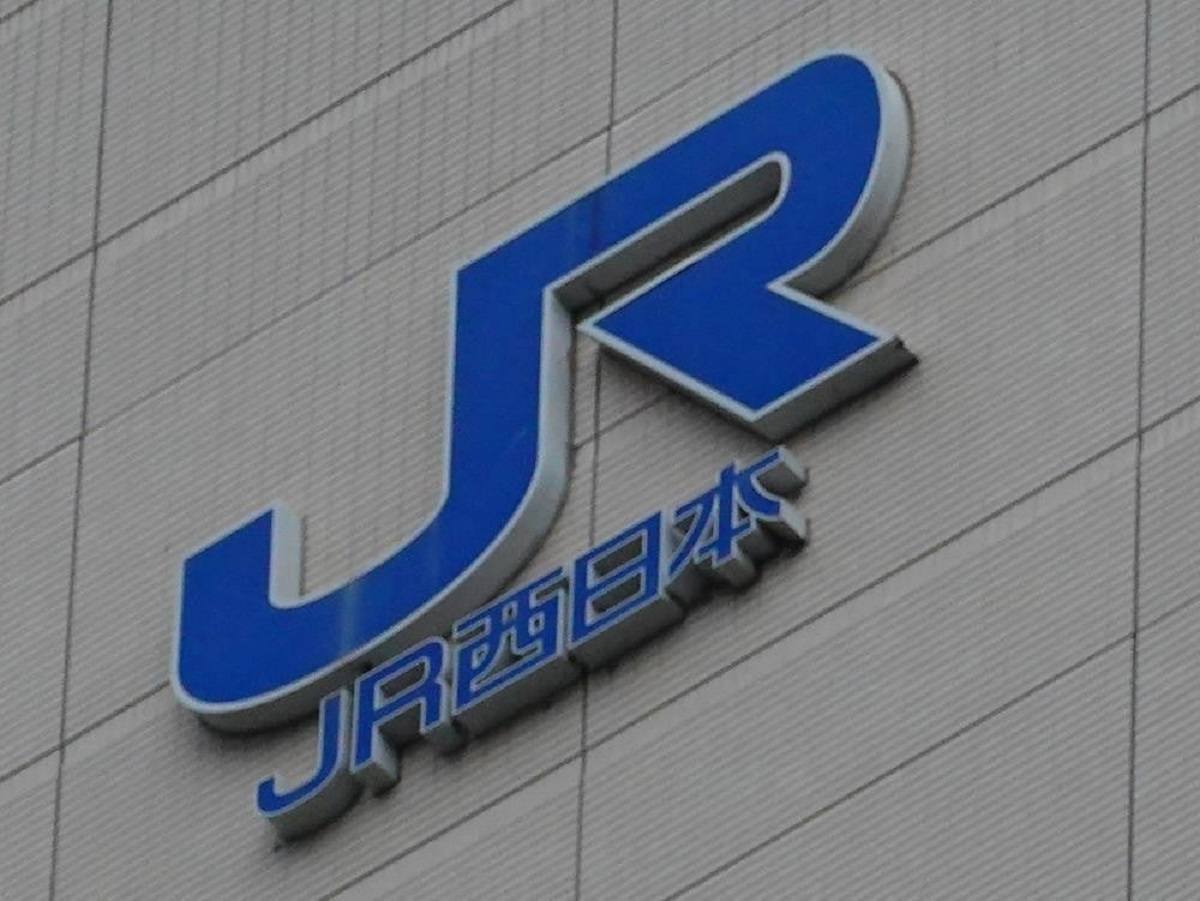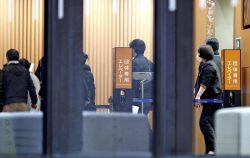JR West to Test Train with Next-Generation Biofuel in Yamaguchi Pref.; Company Chases 2050 Net-Zero Emissions Target

Logo of West Japan Railway Co.
14:33 JST, May 22, 2024
YAMAGUCHI — West Japan Railway Co. (JR West) this autumn will put a train that runs on plant-derived next-generation biodiesel fuel into service as a test run. The test run will use a 47.1-kilometer route between Iwakuni and Tokuyama stations in Yamaguchi Prefecture.
The one-car train will follow the ordinary schedule of the Gantoku Line and part of the Sanyo Line between the cities of Iwakuni and Shunan.
JR West aims to substantially reduce carbon dioxide emissions by replacing 100% of its light oil — a fossil fuel — with biofuel.
The company decided to conduct the test run in preparation for using biofuel in its trains after it confirmed that biofuel-powered trains have the same fuel efficiency as light oil trains. The company made the confirmation in tests conducted from August last year to January using a train, which was out of service, that made two round trips a day between Kogushi and Shimonoseki stations on the Sanin Line in Shimonoseki.
Imported biofuel will be used in the test run, and the train will be refueled at Shin-Yamaguchi Station in Yamaguchi. JR West plans to build a fuel storage tank at the station by the time of the test run.
The company aims to utilize the results of the test, which will last six months, to fully introduce the new service as early as fiscal 2025.
JR West owned about 500 diesel locomotives and diesel trains as of April 2023 and is said to have emitted about 55,000 tons of CO2 in fiscal 2021.
Under the Zero Carbon 2050 long-term environmental goals that the company formulated in 2023, JR West Group set a fiscal 2030 target of reducing greenhouse gas emissions by 46% from the fiscal 2013 level. A net-zero target is set for 2050.
Ushio Kurahara, general manager of JR West’s Chugoku regional head office, said at a regular press conference in April that the test will enable the company to determine the biofuel train’s horsepower and other attributes, as the section where the test will be conducted has an incline.
“We hope to change all our fuel for diesel trains to next-generation fuel by around 2030,” he said.
Top Articles in Business
-

Prudential Life Insurance Plans to Fully Compensate for Damages Caused by Fraudulent Actions Without Waiting for Third-Party Committee Review
-

Narita Airport, Startup in Japan Demonstrate Machine to Compress Clothes for Tourists to Prevent People from Abandoning Suitcases
-

Japan, U.S. Name 3 Inaugural Investment Projects; Reached Agreement After Considerable Difficulty
-

Toyota Motor Group Firm to Sell Clean Energy Greenhouses for Strawberries
-

SoftBank Launches AI Service for Call Centers That Converts Harsh Customer Voices into Softer Voices
JN ACCESS RANKING
-

Japan PM Takaichi’s Cabinet Resigns en Masse
-

Japan Institute to Use Domestic Commercial Optical Lattice Clock to Set Japan Standard Time
-

Israeli Ambassador to Japan Speaks about Japan’s Role in the Reconstruction of Gaza
-

Man Infected with Measles Reportedly Dined at Restaurant in Tokyo Station
-

Videos Plagiarized, Reposted with False Subtitles Claiming ‘Ryukyu Belongs to China’; Anti-China False Information Also Posted in Japan























